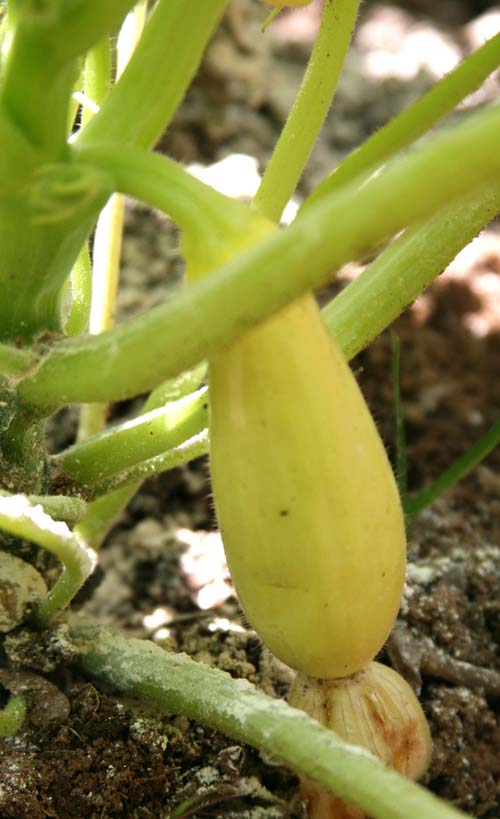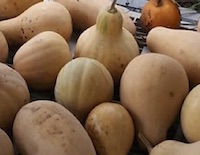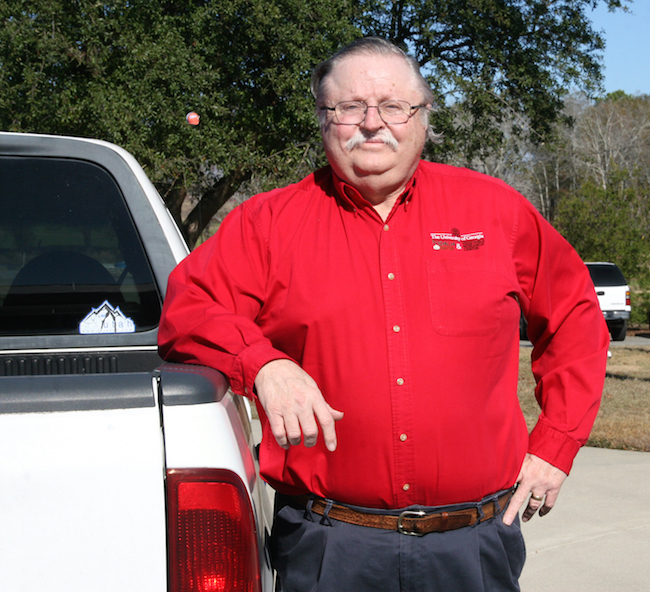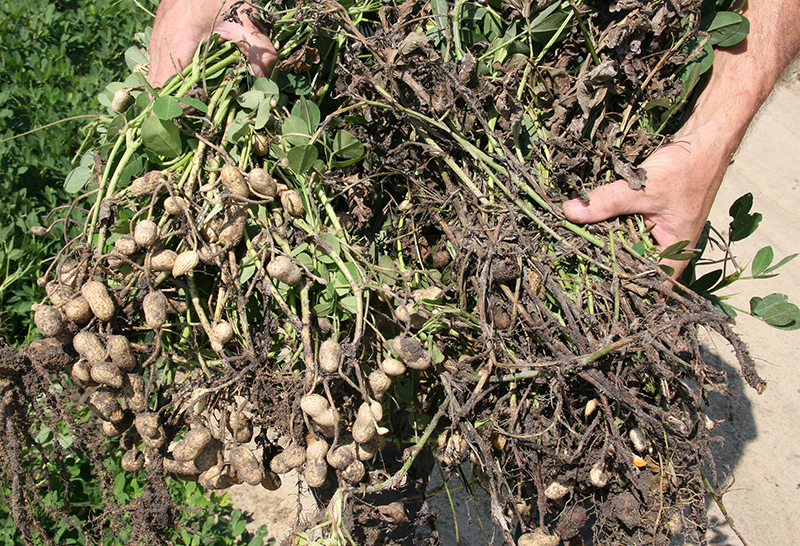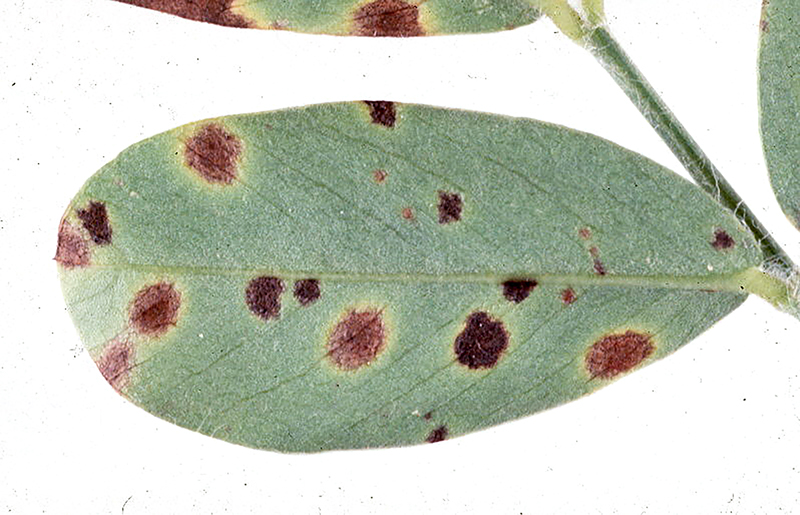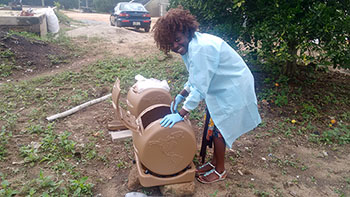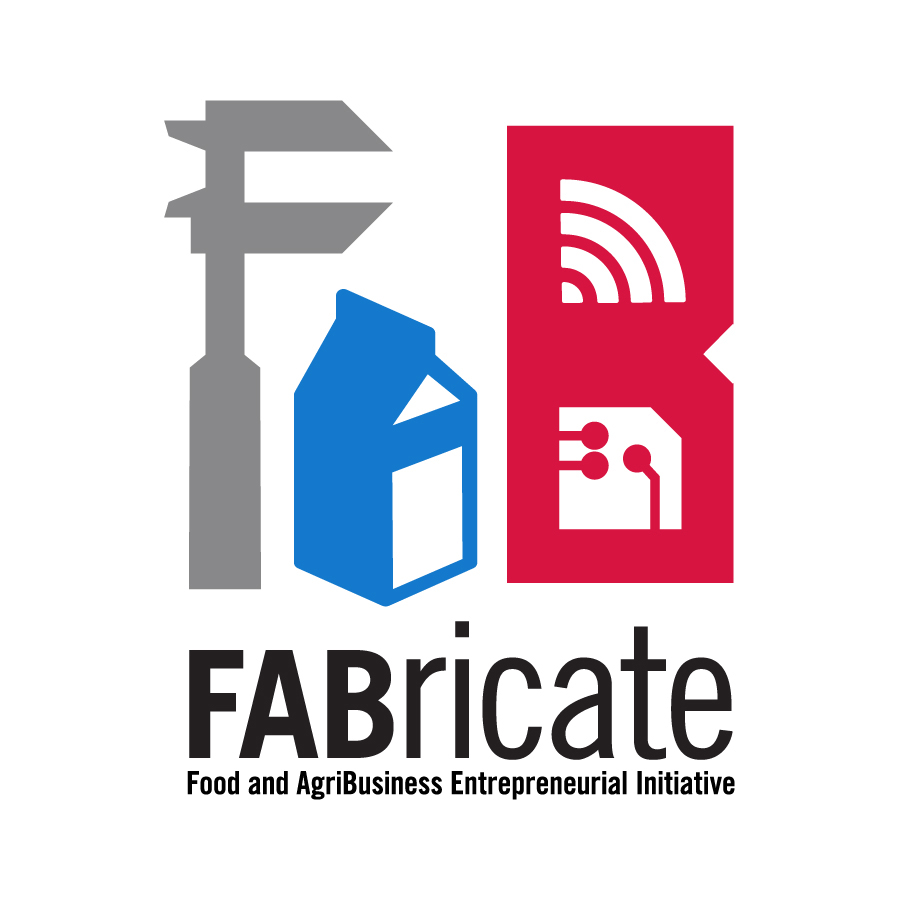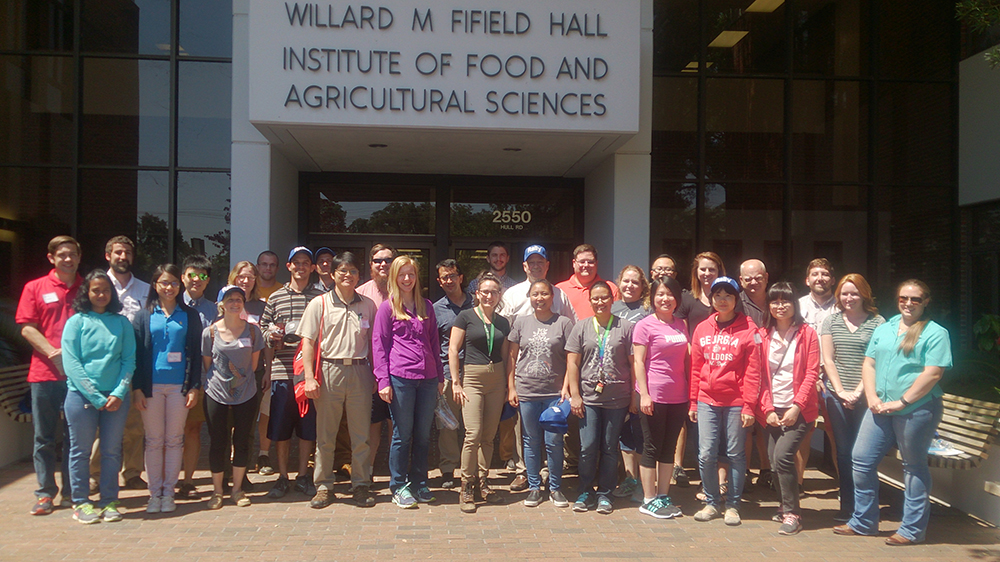 CAES News
CAES News
Crop Protection Careers
The search for a perfect job can feel like a major quest. That quest turns literal for a group of University of Georgia College of Agricultural and Environmental Sciences (CAES) students for one week each summer.

